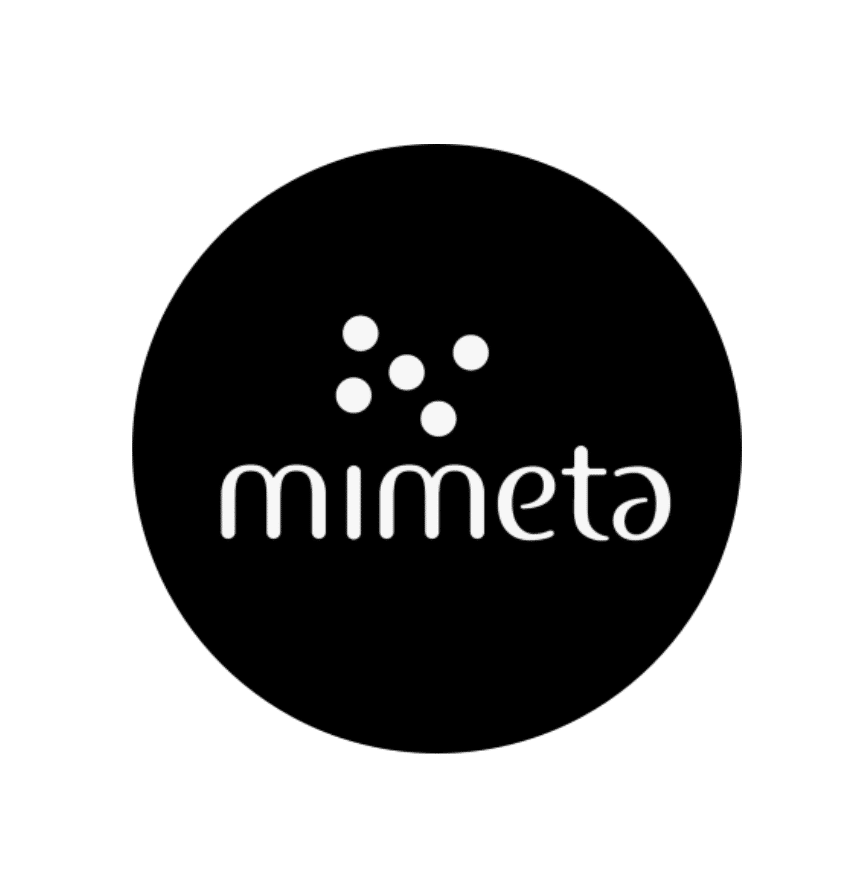Building Trustworthy AI Search for Human Rights
Censorship of artistic expression strikes at the core of open societies. When creative voices are silenced or suppressed, public discourse weakens, rights are eroded, and cultural records become distorted. Accurate documentation of these violations is essential — without it, advocacy loses direction, and hidden patterns of repression remain invisible.
Civsy is an AI-powered platform that monitors, analyzes, and reports violations of artistic freedom worldwide. Developed by Mimeta, a Norwegian organization founded in 2006 to promote cultural rights and free creative expression, Civsy aggregates data from researchers, NGOs, and public sources into a single, transparent, reliable system. Built on Vespa Cloud, it empowers users to expose and understand censorship in real time.

